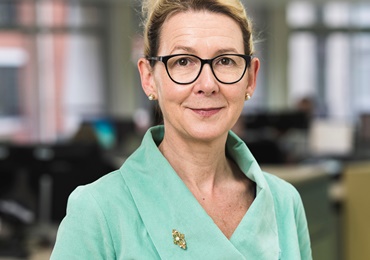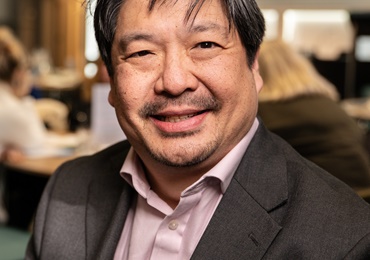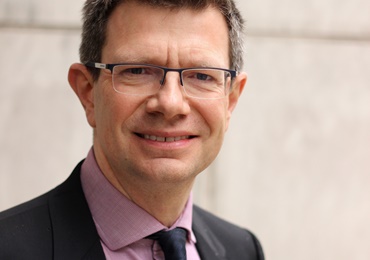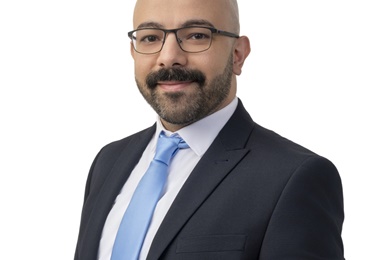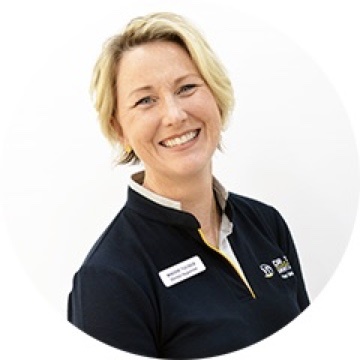Taking care with reflection
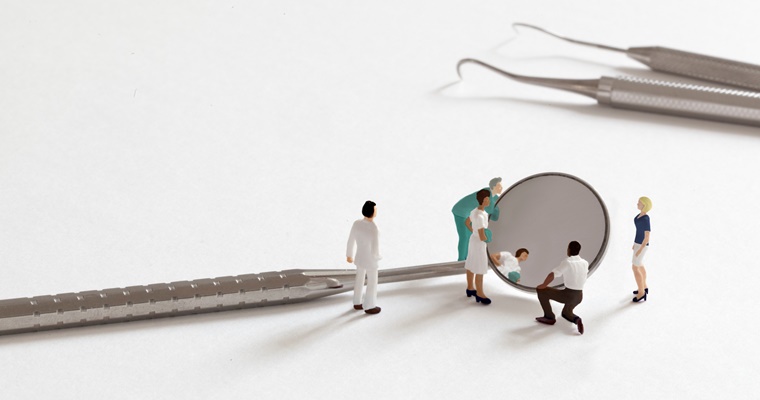
Janet Hayes-Hall, Clinical Dental Adviser, gives her hints and tips on reflection, in this, her third and final instalment of our series.
For best results, use the best ingredients
Dewey, one of the very early thinkers on reflection, urges us to be careful. He states that reflection is an ‘active persistent and careful examination of the truth and the facts that surround it’.
Applying this to dentistry, when we reflect on an event, treatment, or learning course, we have to ensure that we are referencing the best evidence and that we’re using acceptable peer reviewed resources. If you are interested in learning more, the Centre for Evidence based Medicine provides courses on how to identify the best evidence.
This does not mean that we have to understand statistics (certainly not my strong point) but it does mean that we should learn to search databases for relevant information. NHS practitioners can access their local health library , usually based near post graduate education centres, and the British Dental Association library is also a useful resource. I have found local health library staff very keen to help educate practitioners about their resources and how to access them.
A positive practice
Possibly the most important takeaway message is to not over-reflect, become preoccupied, or worry unnecessarily. Reflection can, and should, include reflection on positive outcomes and activities. Just follow the same process.
Your ‘complaints’ process could become your ‘complaints and compliments’ process. But, remember to first consider how you would respond to positive feedback, to ensure that these experiences are regularly fed back to you and your team members.
Reflection in practice
As mentioned in my previous blog I have produced a reflective practice template, it may or may not be of use, but it takes you through the reflection process.
Don’t forget that reflection can be really enhanced when it is done as a dental team and is an excellent way to share insights and learn from one another. Reviews of your practice processes, patient feedback, meetings to discuss results, procedures, and audits are all great opportunities to use reflective practice, as a team.
Remember, there is no ‘wrong way’ to reflect, but individuals and teams can improve with patience and practice. Keep going, because as you do, you will become more aware of what works best for you and your team.
Read the first in our series of reflective practice blog posts
 eGDC
eGDC



